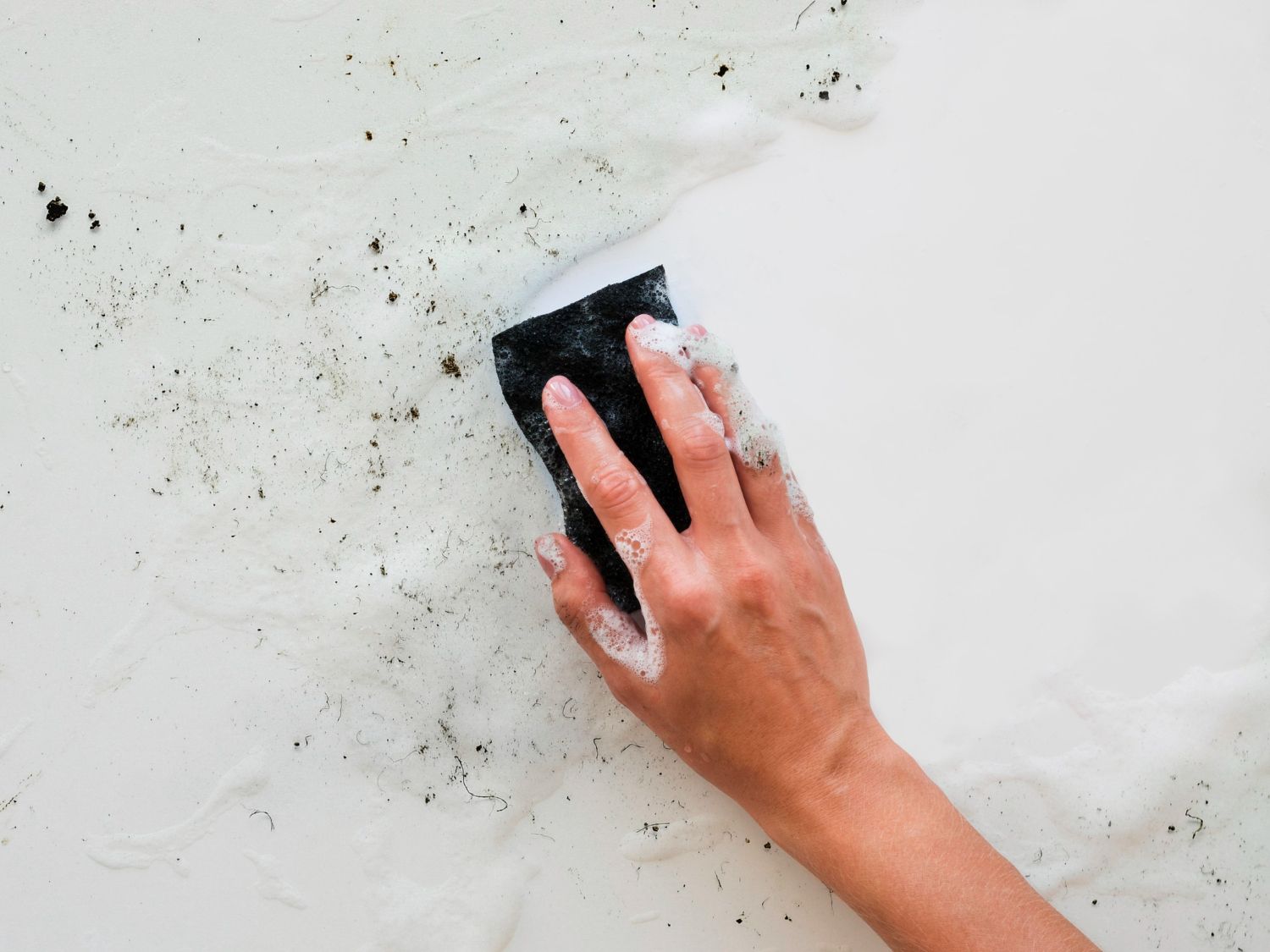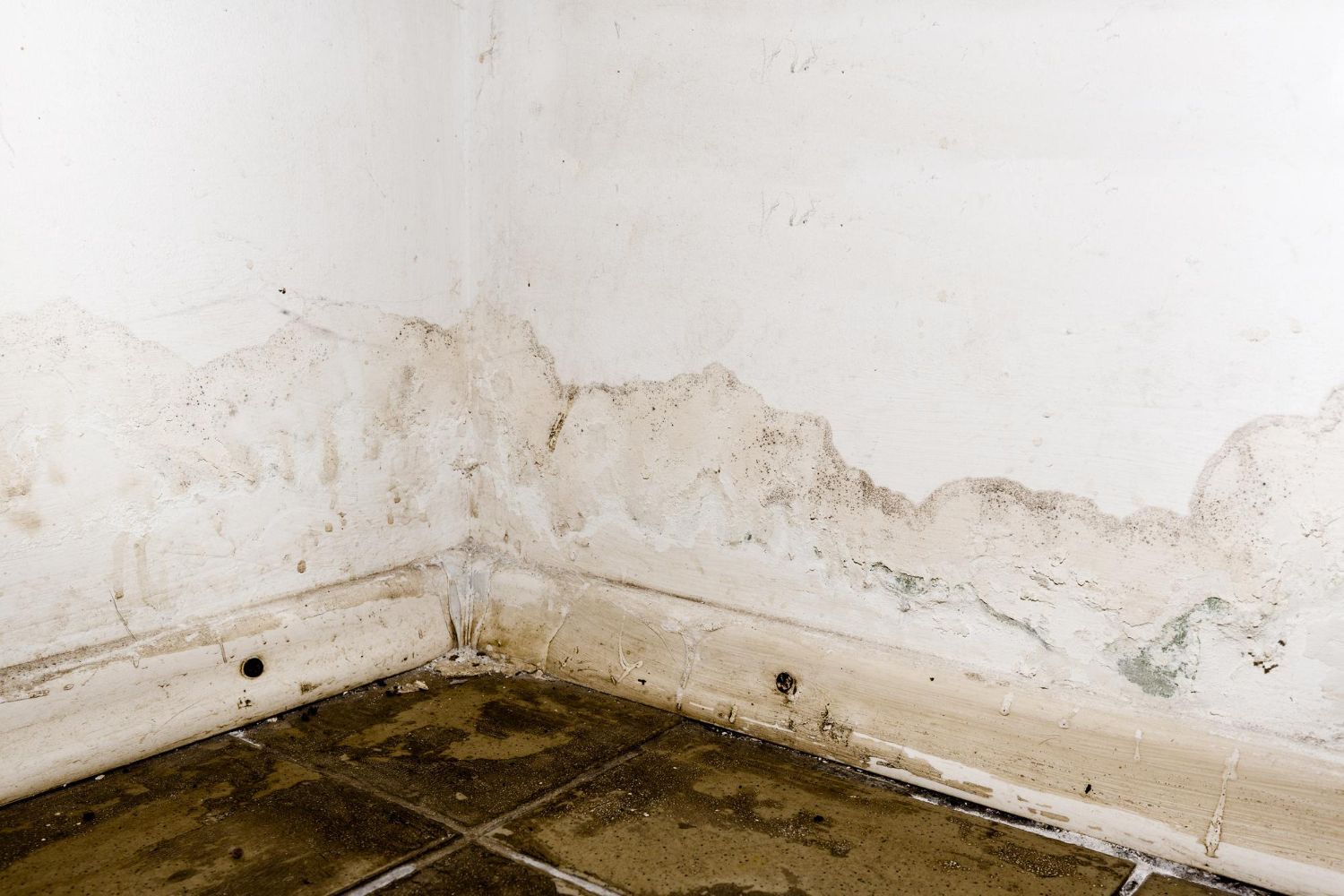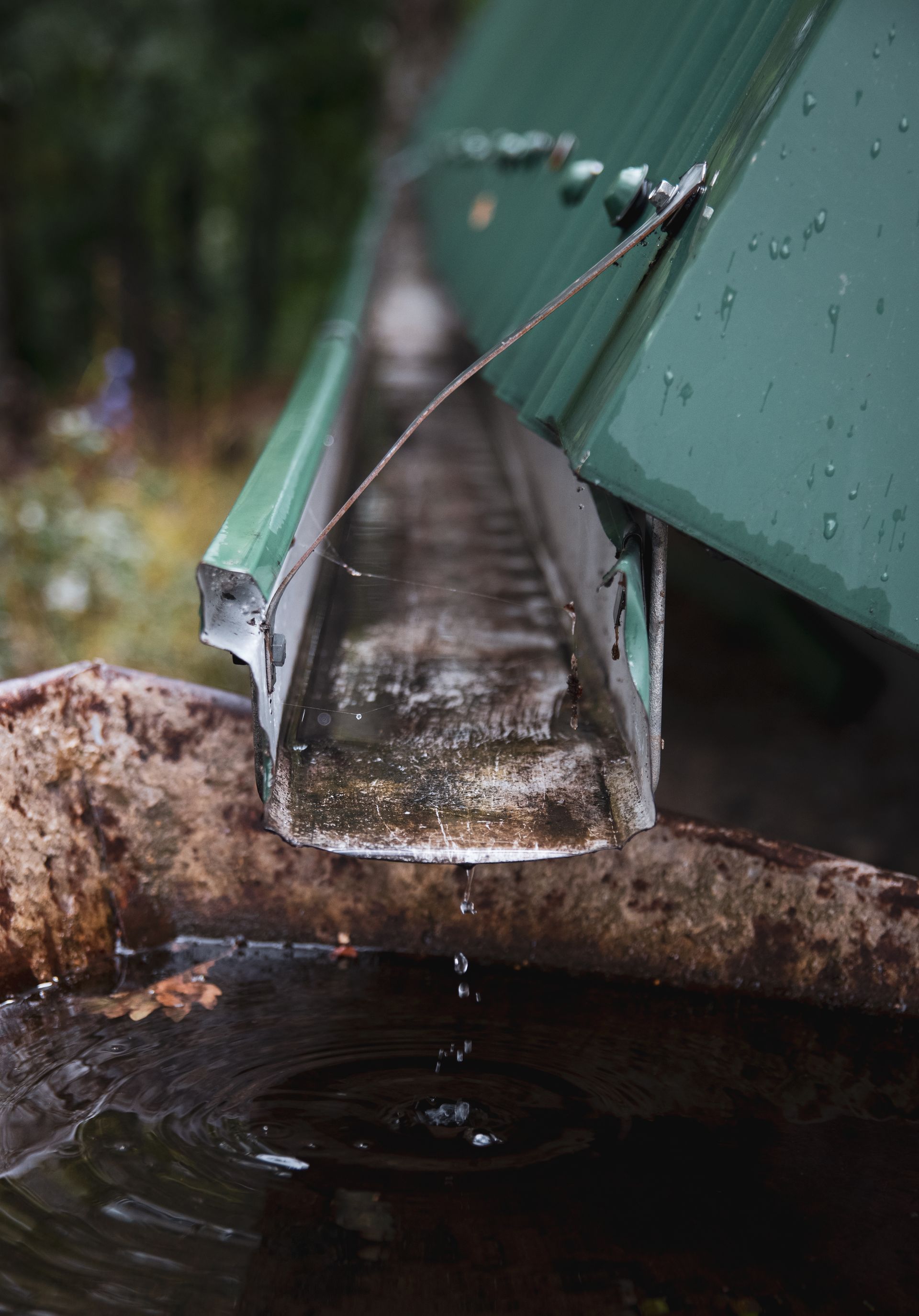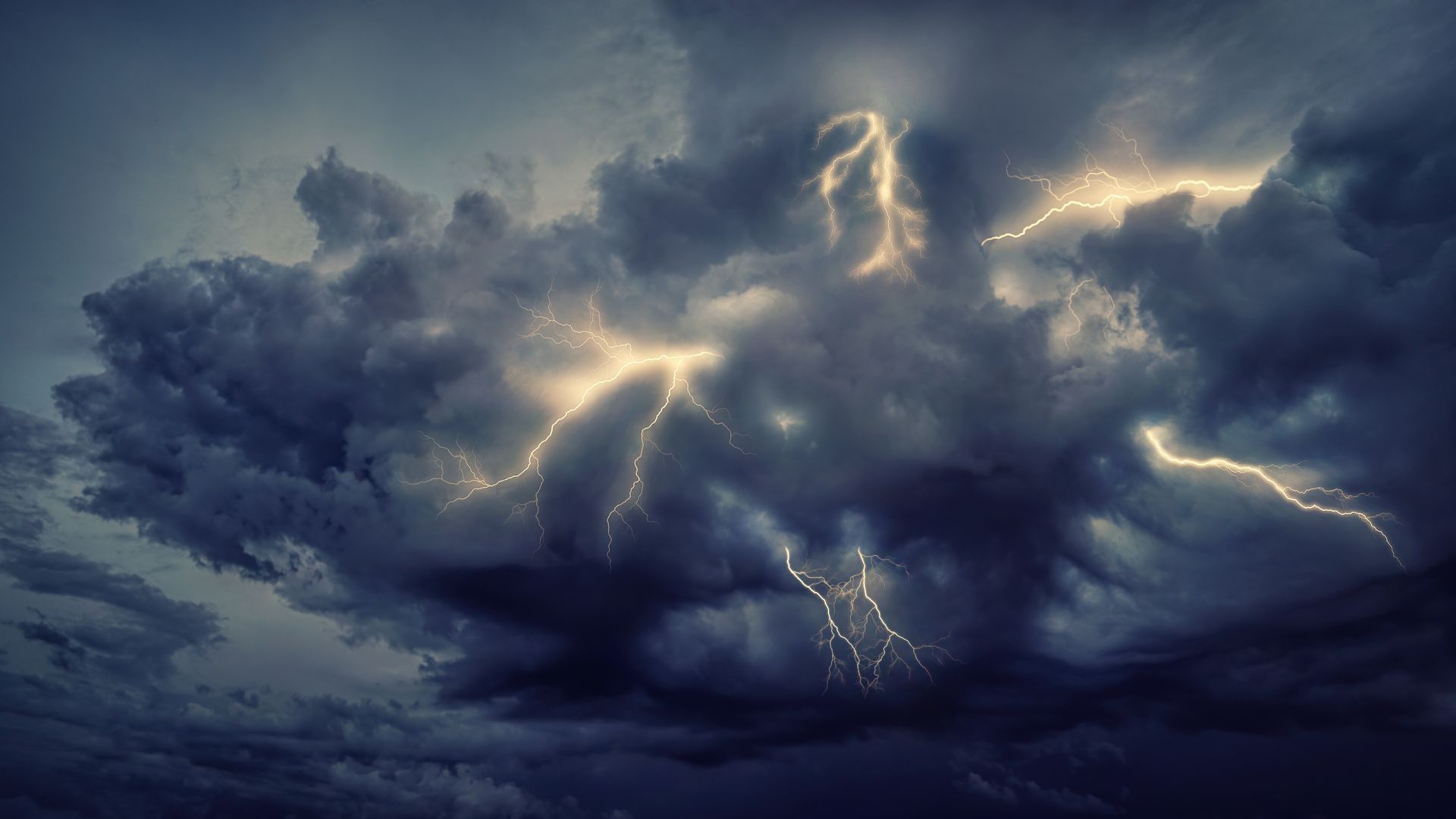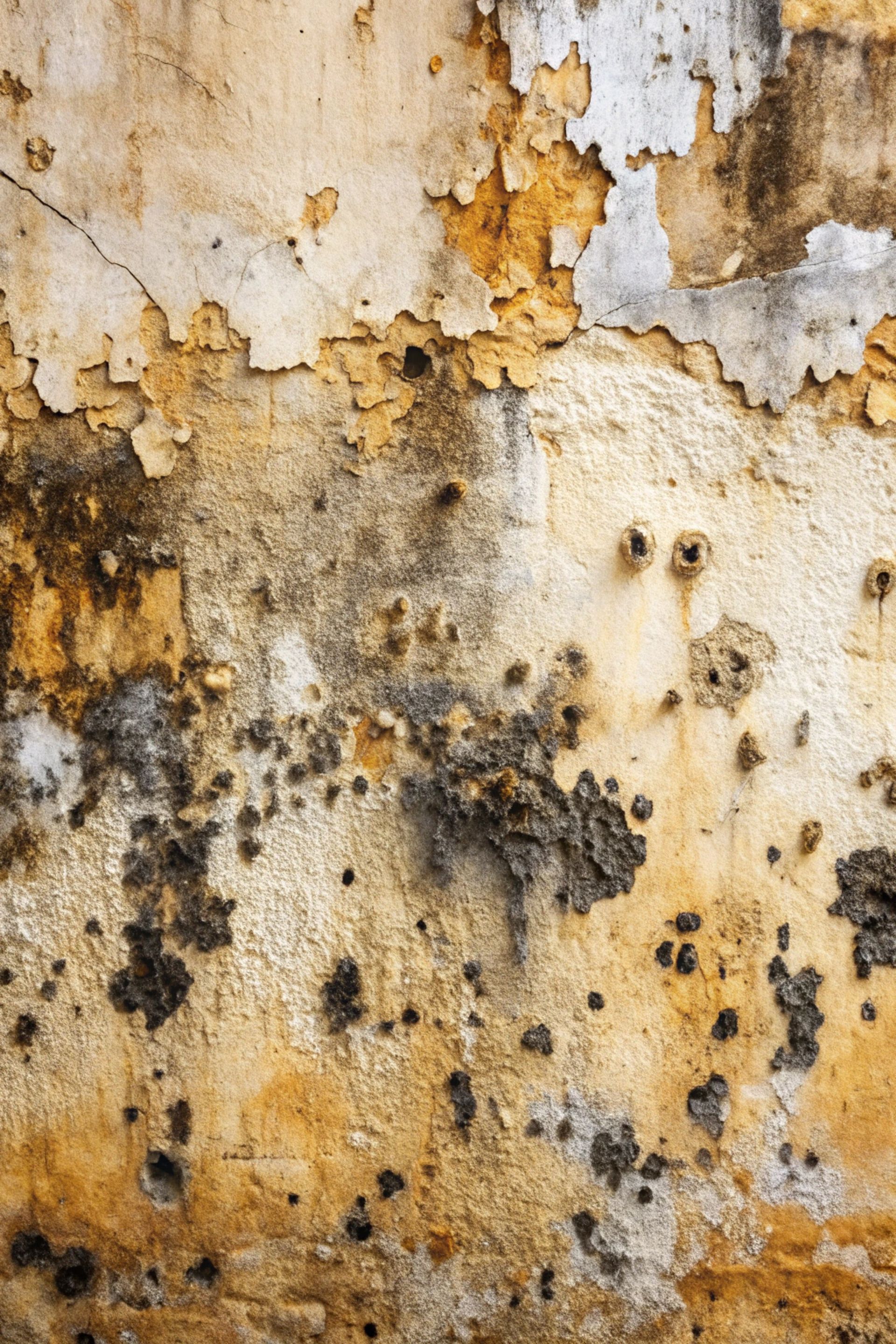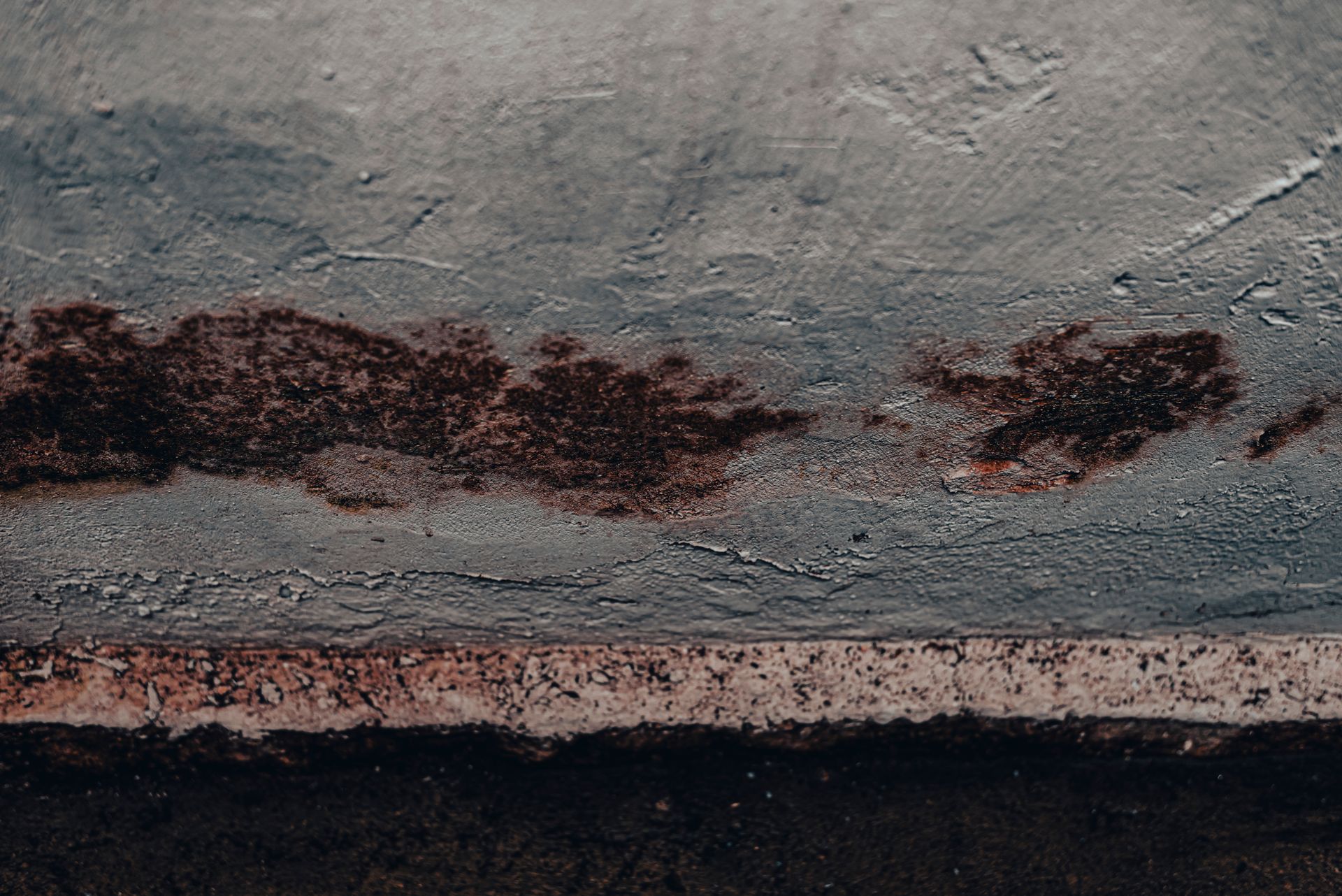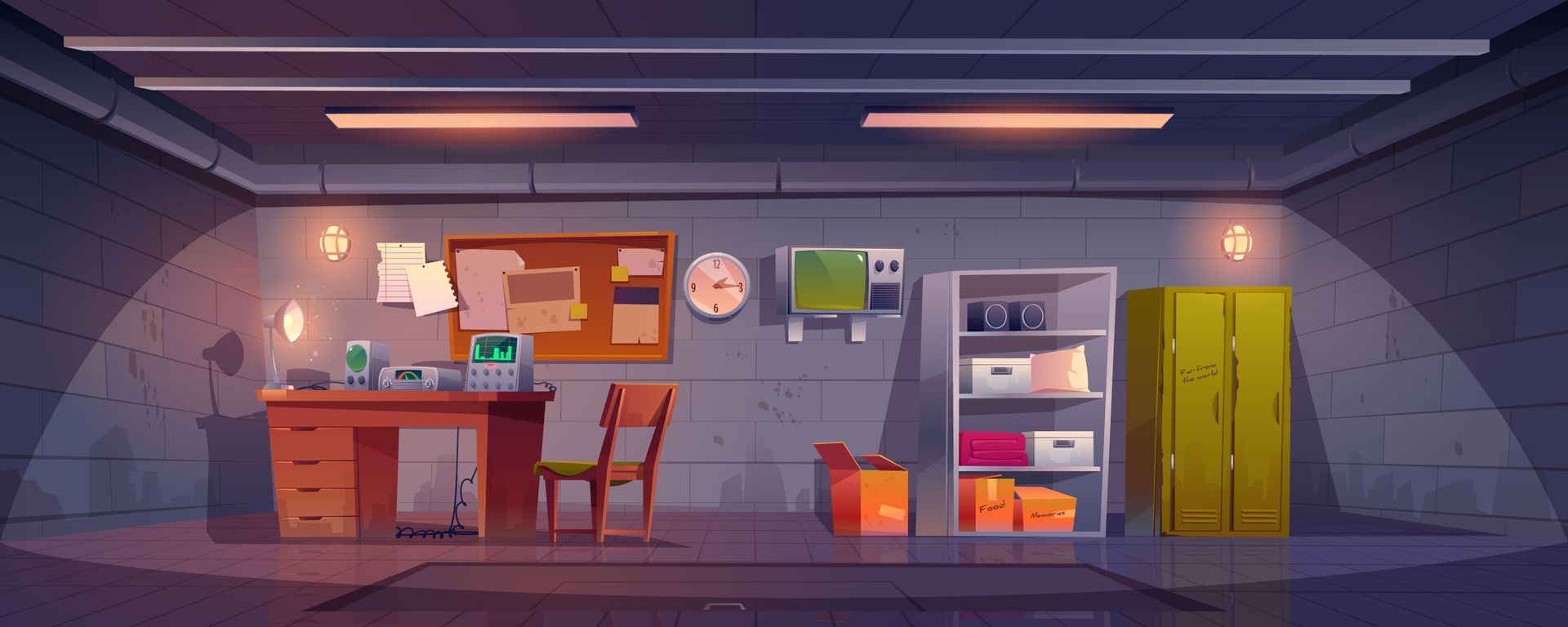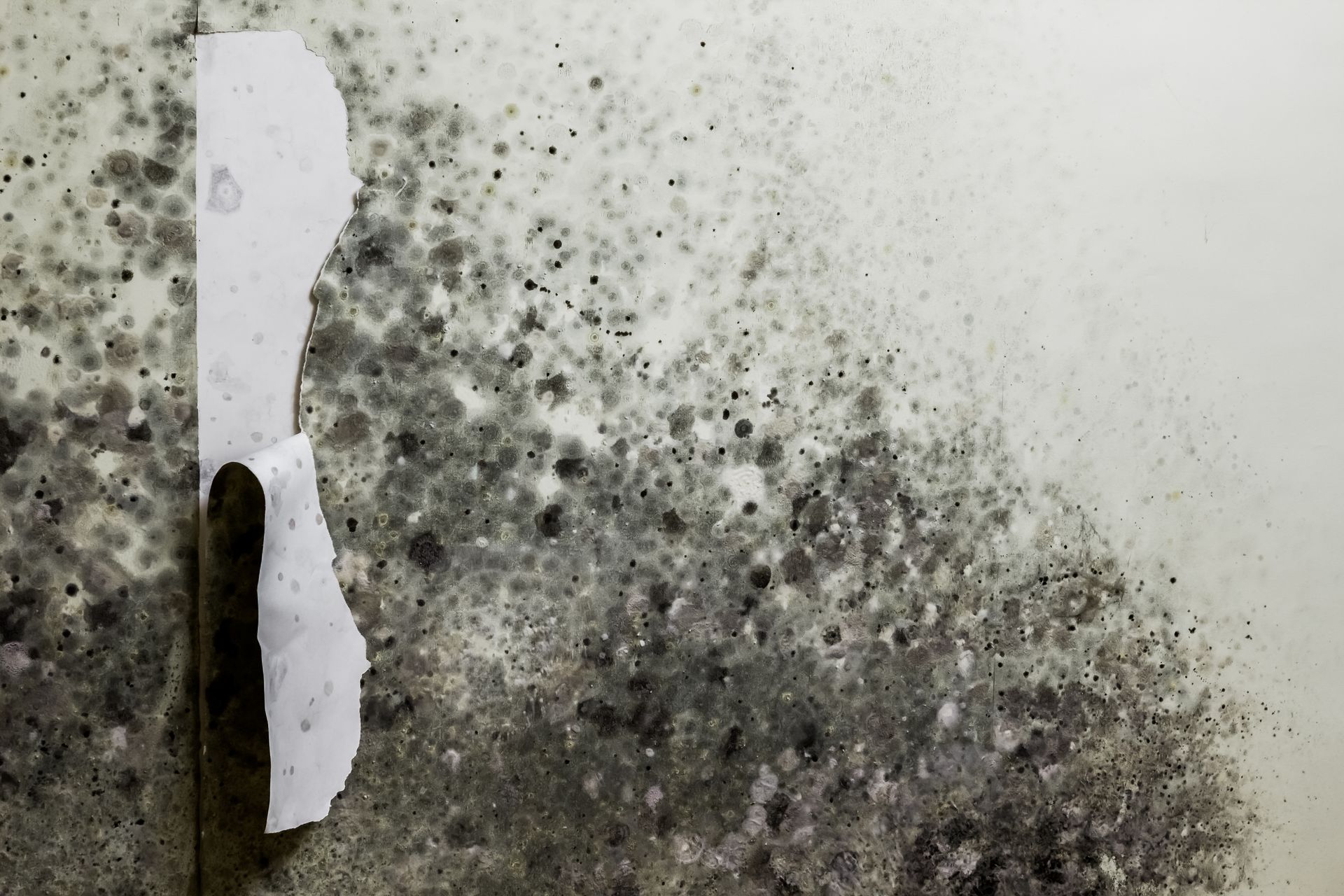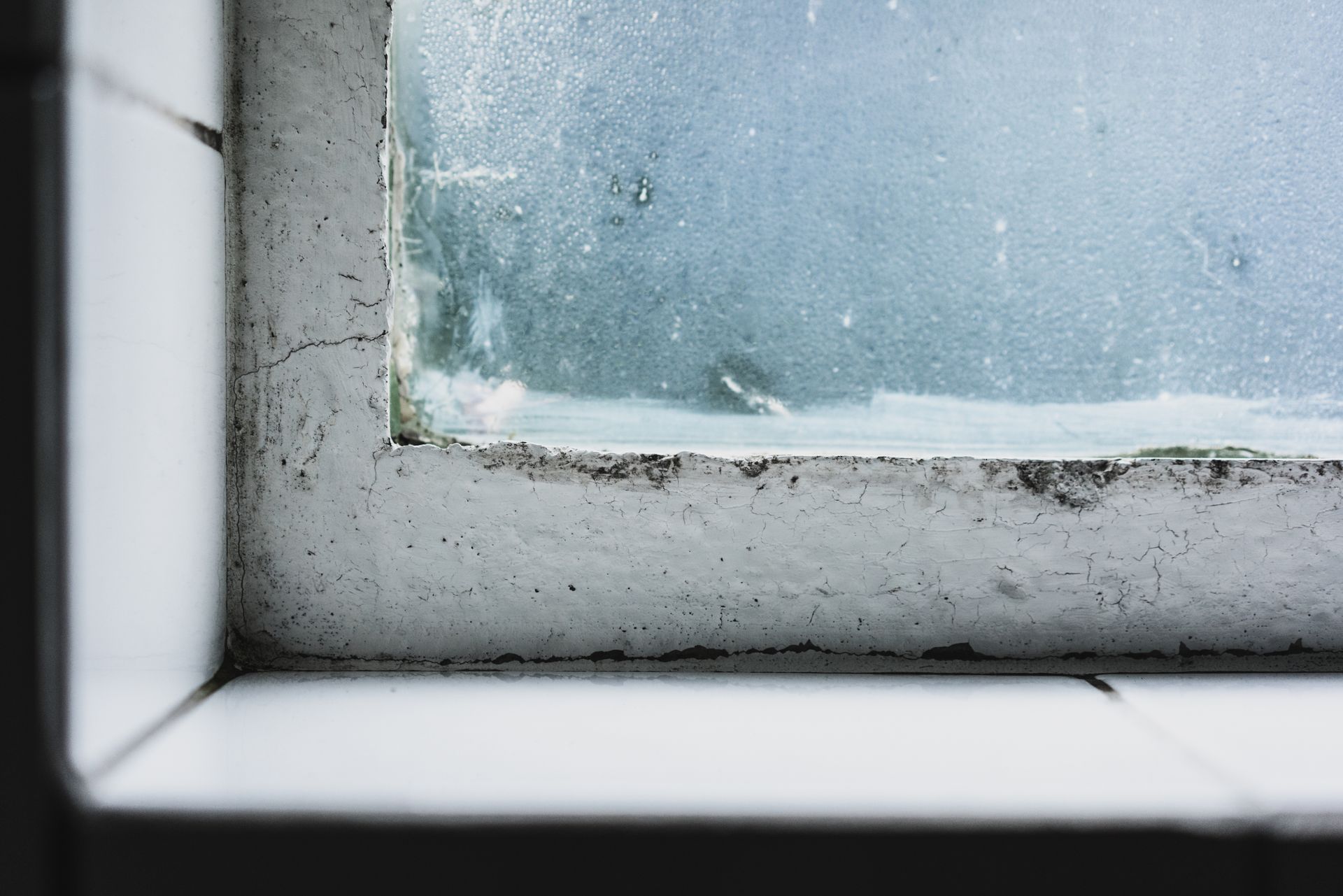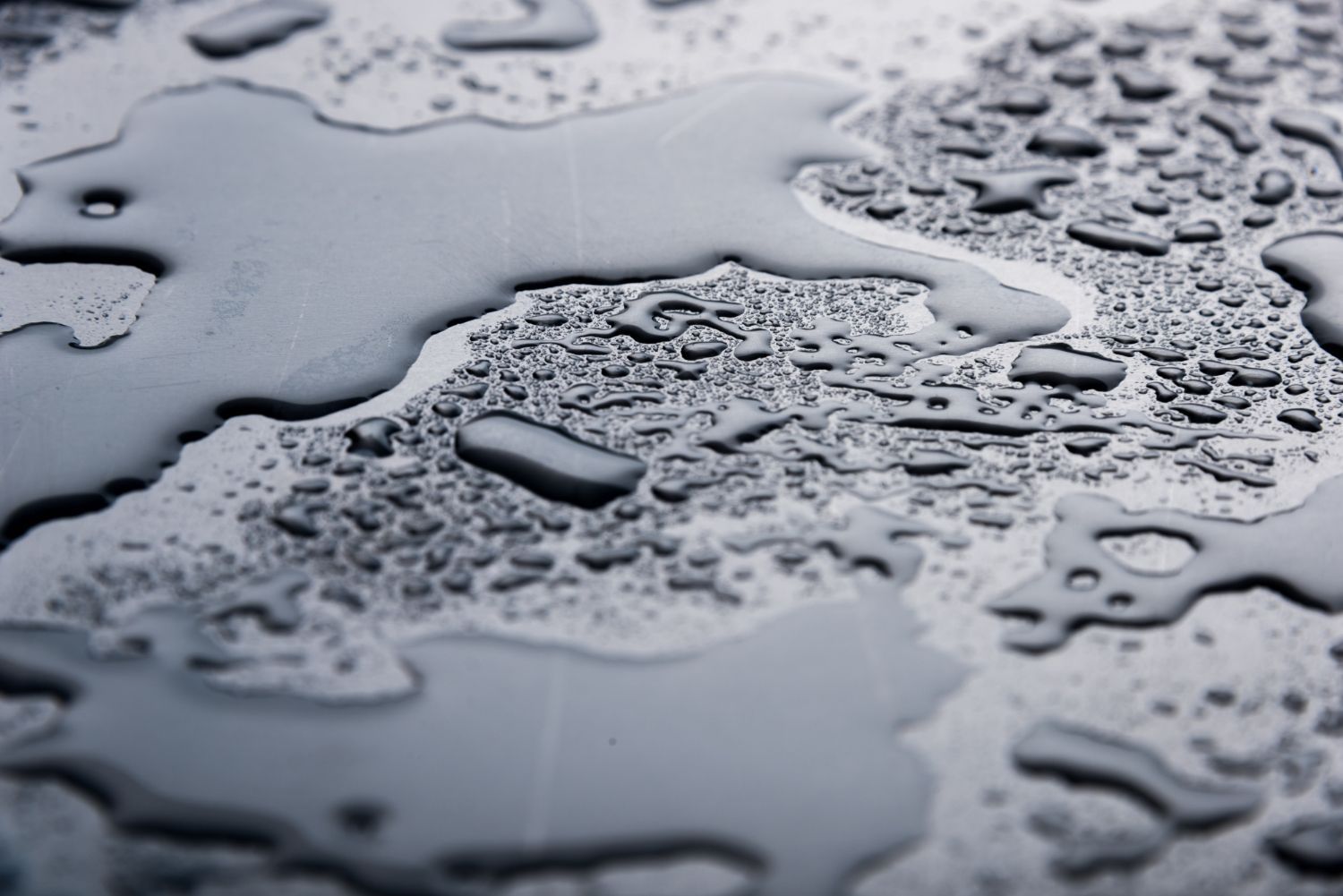Water Damage: The Silent Threat to Your Home
Water Damage: The Silent Threat to Your Home -Castle Rock, CO
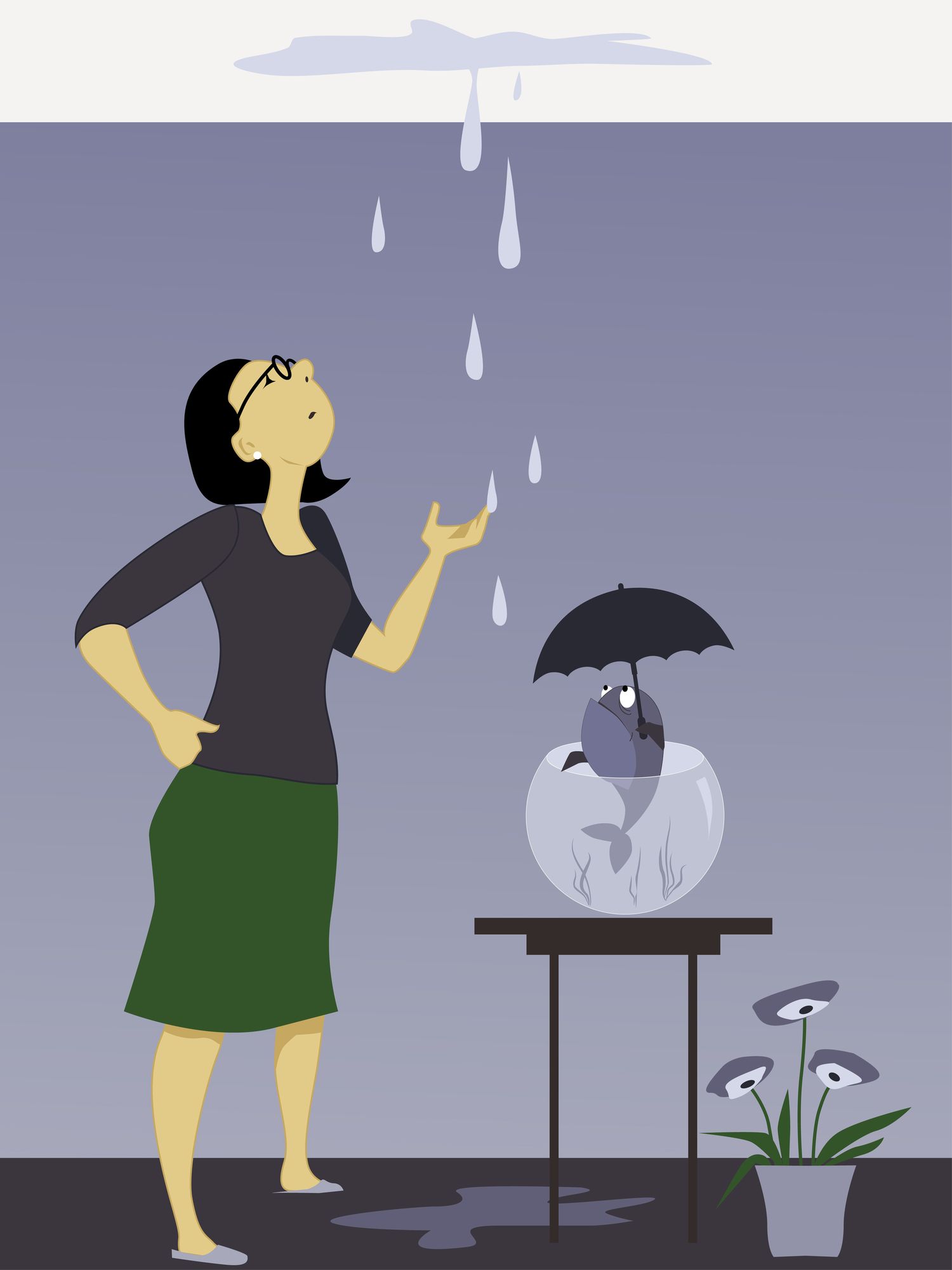
Water damage is a silent, insidious threat that can wreak havoc on your home and your peace of mind. Whether it's a burst pipe, a leaky roof, or a flooding incident, the consequences of water damage can be devastating. In this blog, we'll explore the different types of water damage, its causes, and how to prevent and address it effectively.
Types of Water Damage
Water damage can manifest in various forms, each with its own set of challenges and consequences:
1. Flood Damage: Floods, whether caused by heavy rain, overflowing rivers, or storms, can result in extensive damage to homes and belongings. Floodwaters can saturate walls, floors, and personal items, causing structural damage and mold growth.
2. Water Leaks: Leaks from pipes, appliances, or roofs can go unnoticed for extended periods, leading to gradual damage. Common signs include discolored or damp walls, ceilings, and floors.
3. Sewage Backup: Sewage backup is one of the most hazardous forms of water damage. It poses serious health risks due to the contamination of water with bacteria and pathogens. Sewage backup often requires professional cleanup and sanitation.
4. Condensation: Excessive condensation in humid environments can lead to mold growth, especially in poorly ventilated areas like basements and crawl spaces.
5. Plumbing Failures: Burst or leaking pipes can release a significant amount of water into your home, causing immediate and extensive damage.
Causes of Water Damage
Understanding the causes of water damage is crucial for prevention:
1. Weather-related Events: Severe weather conditions such as heavy rain, storms, hurricanes, and snowmelt can result in flooding and water intrusion.
2. Poor Maintenance: Neglecting regular maintenance of your home's plumbing, roofing, and drainage systems can lead to leaks and water damage over time.
3. Appliance Failures: Malfunctioning or aging appliances, such as water heaters, washing machines, and dishwashers, can lead to leaks and water damage.
4. Clogged Gutters: Accumulated debris in gutters can prevent proper drainage and cause water to overflow, potentially damaging your roof and siding.
5. Foundation Issues: Cracks in your home's foundation can allow water to seep in, leading to basement flooding and structural damage.
Prevention and Mitigation
Preventing water damage is essential for preserving the integrity of your home and avoiding costly repairs. Here are some proactive measures you can take:
1. Regular Inspections: Perform routine inspections of your home, including the roof, plumbing, and appliances. Look for signs of leaks, damage, or wear and tear.
2. Maintain Gutters and Downspouts: Keep your gutters clean and ensure downspouts direct water away from your home's foundation.
3. Install a Sump Pump: If you live in an area prone to flooding or excessive groundwater, consider installing a sump pump in your basement to prevent water buildup.
4. Seal Cracks and Gaps: Seal any cracks or gaps in your home's foundation and exterior walls to prevent water infiltration.
5. Invest in Proper Insulation: Proper insulation can help prevent condensation and mold growth in your home.
Addressing Water Damage
If water damage has already occurred, prompt action is crucial to minimize its impact:
1. Safety First: Ensure the safety of yourself and your family. Turn off electricity and gas if necessary and avoid contact with standing water if it may be contaminated.
2. Document the Damage: Take photographs and videos of the damage for insurance purposes.
3. Remove Water: Use pumps, wet-dry vacuums, or towels to remove standing water.
4. Dry and Dehumidify: Use fans, dehumidifiers, and proper ventilation to dry out the affected areas. Mold can start growing within 24-48 hours, so act quickly.
5. Professional Assistance: For extensive or hazardous damage, seek professional help from the water damage restoration experts at Restoration 1 of Castle Rock. We have the expertise and equipment to handle the situation safely and effectively.
Water damage is a serious concern that can compromise the safety and integrity of your home. By understanding its causes, taking preventive measures, and knowing how to respond when it occurs, you can protect your investment and maintain a comfortable living environment. Don't underestimate the importance of safeguarding your home against the silent threat of water damage.


